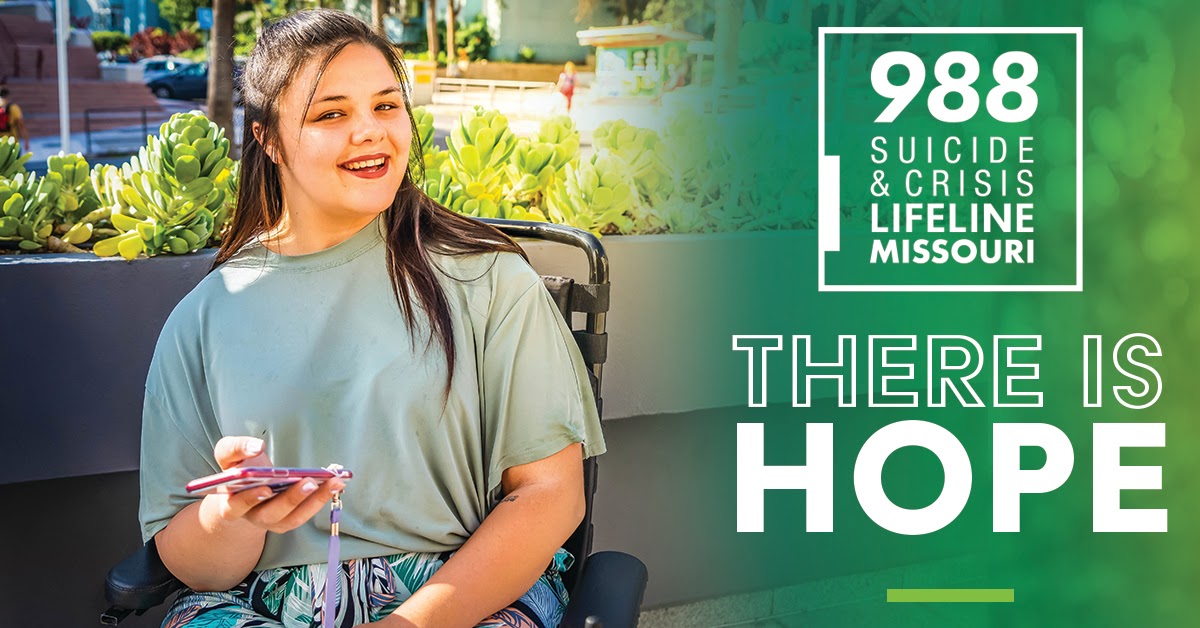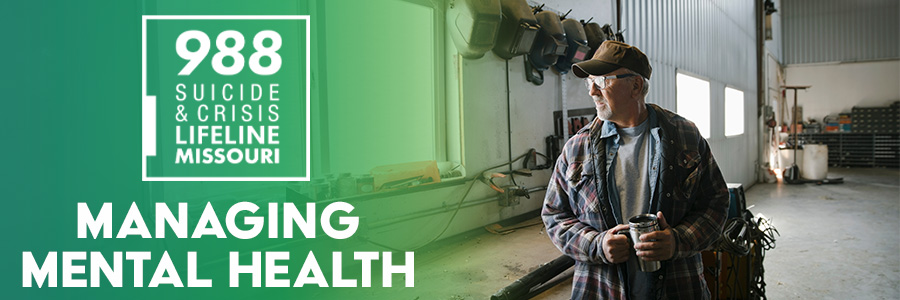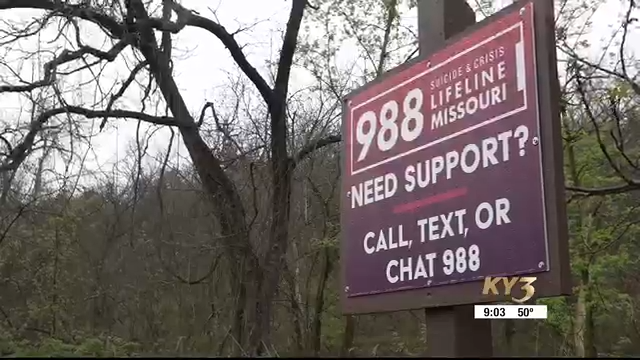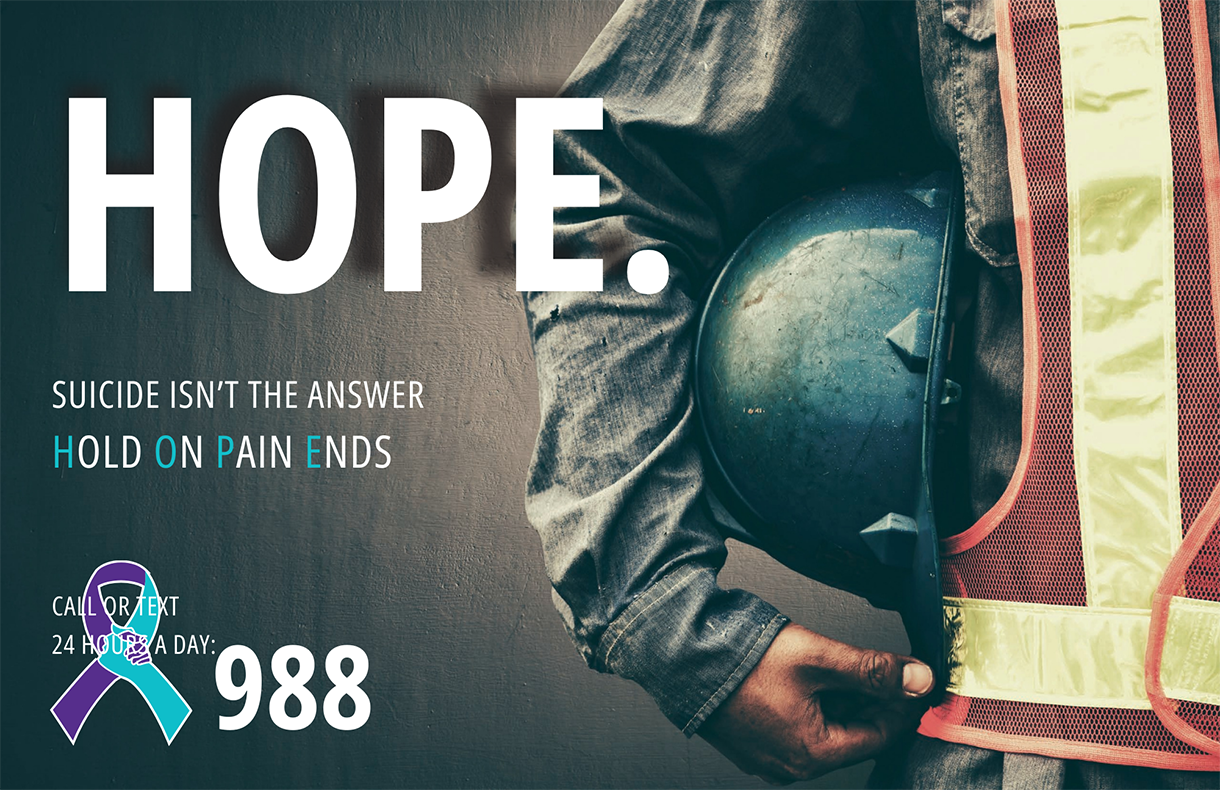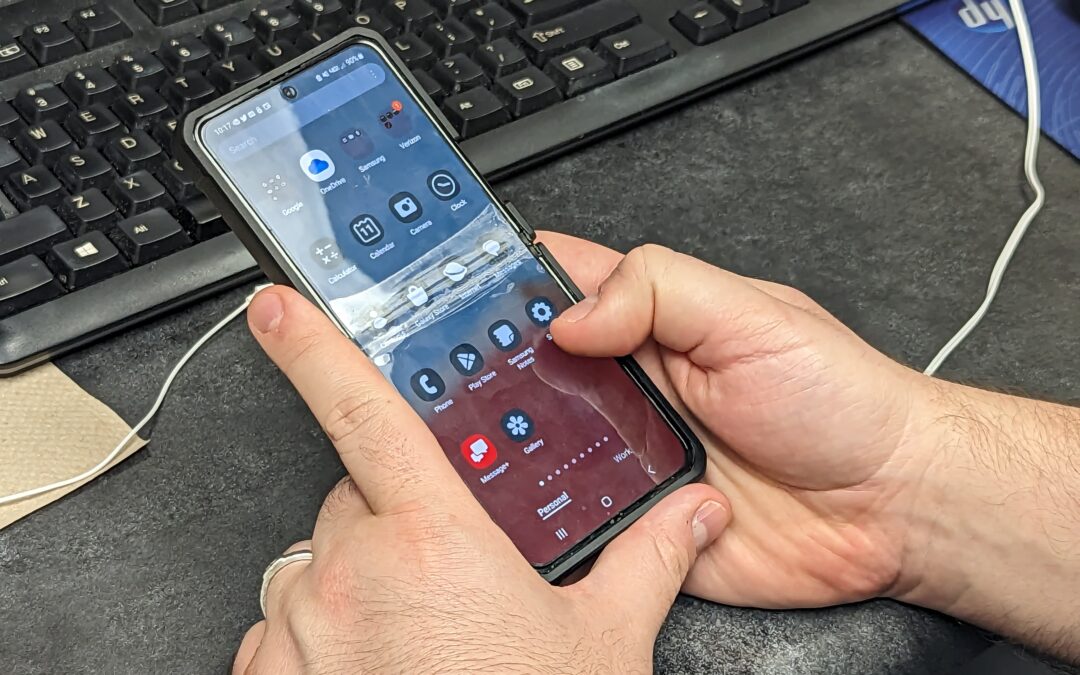Mental health problems are on the rise among children and Missouri is discussing ways to meet their growing needs.
Missouri Department of Mental Health Director Valerie Huhn told the State Board of Education that in the last three years, the U.S. Surgeon General has issued advisories about the mental health of children, instead of about drugs, tobacco, and exercise.
“This feels different. Mental health is just like a broken arm for kids,” said Huhn. “We would never let them walk around with a broken arm. We need to start making sure we are addressing the things that are impacting mental health and that we are talking about mental health. We literally talk about this as a generational issue and it may be a two generational issue, to be honest. I just don’t want to say that yet because we’re talking about it. I think that’s really, really, really important.”
Huhn said multiple studies show rates of depression and anxiety among children jumped by more than 50% between 2010 and 2019.
The advisories say nearly one-third of teenagers report using social media almost constantly, with that figure doubling since 2015. They also say that children who spend more than 3 hours a day on social media face double the risk of mental health problems, including depression and anxiety.
Huhn said children need more healthy social interactions that drive people to connect.
“Among people ages 15 to 24, time spent in person with friends has declined by nearly 70% over the past two decades, from roughly 150 minutes a day in 2003 to 40 minutes a day in 2020. So, we are not talking to each other face to face,” she said.
Board member Kim Bailey, a mental health specialist from Raymore, said there should be a training element for teachers to educate students about the importance of face-to-face interaction.
“We are seeing a significant increase in our higher-level mental illnesses. I do feel that if we can get more healthy social connection, we’ll see those numbers come down,” said Bailey.
Board member Pamela Westbrooks-Hodge, of the St. Louis area, said she’s glad to hear discussions at the federal level about regulating social media use among children.
“I have not heard those same conversations at the state level,” she said. “And so, as you talk about solution sets and we talk about reining this in and preventing it, what role does policy play in helping parents regulate this? I mean, we know parents need to put kids in seatbelts, but it’s also a law that you have to wear a seatbelt.”
The state Departments of Elementary and Secondary Education and Mental Health plan to work together to address the mental health needs of children. Missouri Board of Education President Charlie Shields, of St. Joseph, said things must change if we want different results.
“We help with nutrition services, children experiencing homelessness. We have schools that have washing machines in them, said Shields. “We’ve had school nurses for 100 years. We don’t tell parents you take your kid to school; we send a bus by. All those services are designed to help parents. But somehow, we talk about mental health, behavioral health, values. That’s the third rail we can’t touch and we’ve got to get past that.”
Another conversation centered around the need for additional mental health professionals. Dr. Cla Stearns, with the Missouri Department of Mental Health, said not all of these jobs need to be people who are licensed, or have a master’s degree or doctorate.
“Missouri is 39th in the country on per capita mental health workers,” he said. “If you look at a map of the United States, and they show where there are areas where there’s considered to be an adequate mental health workforce, that’s about five states. And we’re 39. So, even with a massive push, we’re not going to get enough master’s level LPCs, LCSW, doctorate level folks in this to solve this issue. So, one of the things that we’re trying to do is some parent education because honestly, that’s probably your best avenue towards really improving the situation – is to give parents better skills and better information so that they can be kind of your frontline mental health workers.”
The U.S. Surgeon General recommendations for parents and caregivers include:
• Create tech-free zones and encourage children to foster in-person friendships.
• Model responsible social media behavior.
• Work with other parents to help establish shared norms and practices and to support programs and policies around healthy social media use.
U.S. Surgeon General recommendations for government include:
• Establish a dedicated leadership position to work across departments, convene stakeholders, and advance pro-connection policies.
• Study and support research on the causes of social disconnection.
• Develop age-appropriate health and safety standards for technology platforms. Standards may include designing technology that is appropriate and safe for a child’s developmental stage; protecting children and adolescents from accessing harmful content (e.g., content that encourages eating disorders, violence, substance use, sexual exploitation, and suicide or discusses suicide means).
• Develop tools that protect activities that are essential for healthy development like sleep; and regularly assessing and mitigating risks to children and adolescents.
• Support integration of screening and treatment into primary care. For example, continue expanding Pediatric Mental Health Care Access programs, which give primary care providers teleconsultations, training, technical assistance, and care coordination to support diagnosis, treatment, and referral for children with mental health and substance use needs.
• Provide resources and technical assistance to strengthen school-based mental health programs.
• Expand and support the mental health workforce. Example opportunities include investing in training and hiring individuals from a broader set of disciplines (e.g., peer supports, community health workers, family counselors, care coordinators) and accelerating training and loan repayment initiatives.
• In the school setting, governments should invest in building a pipeline of school counselors, nurses, social workers, and school psychologists.
• Expand and strengthen suicide prevention and mental health crisis services.
Source: Missouri Mental Health Director: “Mental health is just like a broken arm” – Missourinet



